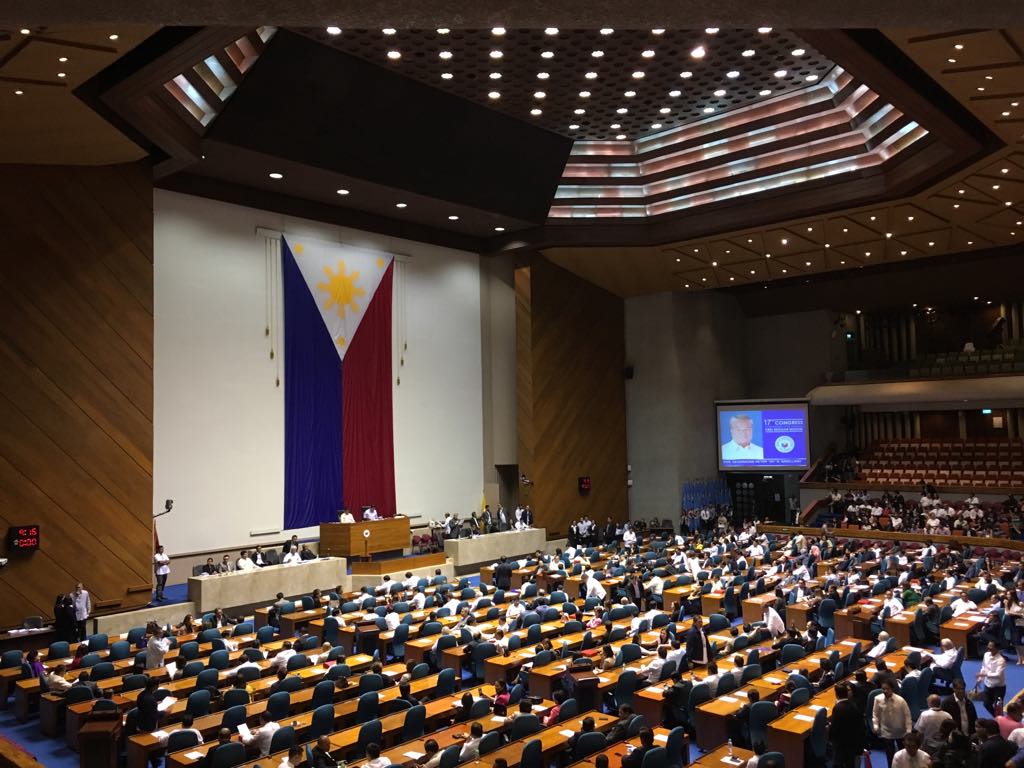
The House of Representatives approved on third and final reading a bill granting scholarships to college students who plan to take a degree in medicine, to help the government fight future pandemics.
“It will open the opportunity for poor but deserving students to pursue a degree in medicine and serve their communities in the countryside. This is the answer to the lack of doctors in rural areas,” Cagayan de Oro City Rep. Rufus Rodriguez said.
Rodriguez, who chairs the House committee on constitutional reforms, is one of the authors of House Bill 6756, which aims to launch a medical scholarship and return program for deserving students.
He added that the recipients of the said scholarship program would be asked to serve in far-flung areas to fill the shortage of physicians in those areas and to help for future pandemics.
The bill, which received 245 votes in the plenary, was endorsed by the committees on health, appropriations and higher education. Other authors of the said bill are Reps. Angelina Tan of Quezon, Eric Go Yap of ACT-CIS, Mark Go of Baguio City and Deputy Speaker Vilma Santos-Recto.
Under the program, an applicant for a medical scholarship and return service program must be:
- A Filipino citizen
- A graduate or graduating student of a prerequisite course for a Doctor of Medicine degree
- Must have passed the entrance examination and complied with other requirements in the state, private college or university where they intend to enroll
- Must have obtained a national medical admission test score mandated by the Commission on Higher Education and the cut-off required by the state or private school where they plan to enroll.
Furthermore, at least one scholar must come from each town throughout the country. If there would be an instance where no one qualifies in a particular town, another scholar could be chosen from the neighboring municipality.
The proposed law would require a graduate from the scholarship program to serve in their town for at least four years. If a scholar refuses to serve, they would have to return twice the amount the government spent for their medical degree.
The proposed scholarship program would cover tuition and other school fees, allowance for books, equipment, supplies, dormitory, clothing and transportation, fees for internship and medical board review and other related miscellaneous and living expenses. RJ Espartinez